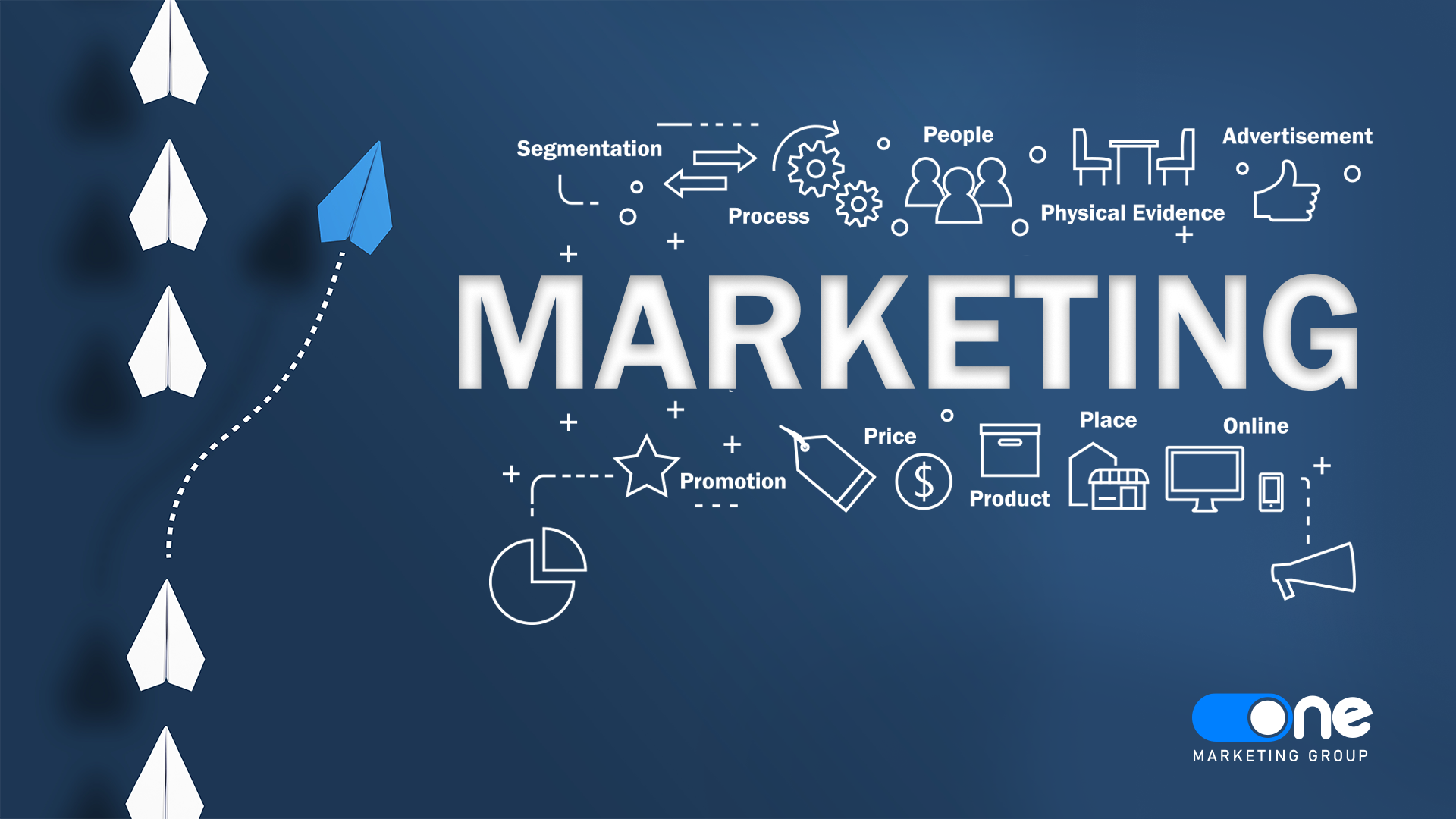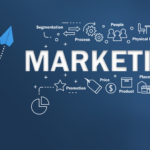
How Do I Start Digital Marketing? A Step-by-Step Guide
- [email protected]
- December 5, 2024
- Blogs
- 0 Comments
How Do I Start Digital Marketing?
Digital marketing is essential for businesses of all sizes in today’s digital age. Starting your digital marketing journey may seem overwhelming, but with the right approach, you can create effective campaigns that drive results. This guide will take you through the steps to get started and explain how to build a strong foundation for your digital marketing efforts.
Understanding the Basics of Digital Marketing
Before diving into tactics, it’s important to grasp what digital marketing entails and how it can benefit your business.
What Is Digital Marketing?
Digital marketing involves using online platforms to promote products or services. It includes methods like social media marketing, email marketing, content marketing, search engine optimization (SEO), and more.
Why Is Digital Marketing Important?
Digital marketing enables businesses to reach a broader audience, engage with customers, and measure results more accurately than traditional marketing. Additionally, it’s often more cost-effective and adaptable.
Steps to Start Digital Marketing
Follow these steps to kick off your digital marketing journey:
Step 1 – Define Your Goals
Start by identifying what you want to achieve through digital marketing. Whether it’s increasing brand awareness, driving website traffic, or boosting sales, clear goals help shape your strategy.
Pro Tip: Use SMART goals—Specific, Measurable, Achievable, Relevant, and Time-bound—for better clarity.
Step 2 – Identify Your Target Audience
Understanding your audience is key to crafting campaigns that resonate. Create buyer personas by analyzing demographics, interests, and behaviors.
Quick Tip: Use tools like Google Analytics or Facebook Audience Insights to gather valuable data.
Step 3 – Choose the Right Channels
Not all digital marketing channels will suit your business. Focus on platforms where your target audience is most active.
- Social Media Marketing: Ideal for connecting with customers and building a community.
- SEO and Content Marketing: Best for driving organic traffic to your website.
- Email Marketing: Perfect for nurturing leads and maintaining customer relationships.
Step 4 – Create a Budget
Determine how much you can allocate to digital marketing. Even with a small budget, platforms like Google Ads and Facebook Ads can deliver results if managed effectively.
Budgeting Tip: Start small, track performance, and adjust as needed.
Building Your Digital Marketing Strategy
A well-thought-out strategy ensures your efforts are focused and effective.
Develop a Content Plan
Content is at the heart of digital marketing. Plan content that aligns with your goals and resonates with your audience.
- Blog posts for SEO.
- Videos for social media.
- Infographics for easy sharing.
Pro Tip: Use a content calendar to organize your efforts and stay consistent.
Optimize for Search Engines (SEO)
SEO ensures your website ranks high in search engine results, increasing visibility. Focus on keyword research, on-page optimization, and quality backlinks.
Tools to Use:
- Google Keyword Planner.
- Ahrefs or SEMrush for advanced analytics.
Leverage Social Media Platforms
Social media is a powerful tool for building brand awareness and driving engagement. Each platform serves a unique purpose:
- Instagram: Visual storytelling.
- LinkedIn: Professional networking.
- TikTok: Viral content for younger audiences.
Tip: Consistently analyze performance metrics to refine your approach.
Tools and Resources for Beginners
Starting with the right tools can streamline your digital marketing process.
Essential Tools for Digital Marketing
- Google Analytics: Track website traffic and user behavior.
- Canva: Create stunning visuals for social media and blog posts.
- Mailchimp: Manage email campaigns effectively.
- Hootsuite: Schedule and monitor social media posts.
Learning Resources
Invest time in learning to improve your skills:
- Online Courses: Check out platforms like Coursera, HubSpot Academy, and Google Digital Garage.
- Books: Titles like “Digital Marketing for Dummies” and “Influence: The Psychology of Persuasion” are great starting points.
- Webinars and Blogs: Stay updated with the latest trends through industry webinars and blogs.
Measuring Success in Digital Marketing
Tracking performance is critical to refining your strategy and ensuring success.
Key Performance Indicators (KPIs)
Identify metrics that align with your goals:
- Traffic Metrics: Page views, bounce rates, and session duration.
- Engagement Metrics: Likes, comments, shares, and click-through rates.
- Conversion Metrics: Lead generation, sales, and return on investment (ROI).
Analyzing and Adjusting
Use data to understand what’s working and what isn’t. Tools like Google Analytics and social media insights help refine your strategy.
Pro Tip: Regularly A/B test different approaches to optimize campaigns.
Common Mistakes to Avoid
Even with the best intentions, beginners often make mistakes. Here’s what to watch out for:
Lack of a Clear Plan
Diving into digital marketing without a strategy leads to wasted time and resources.
Ignoring Mobile Optimization
With more users accessing content on mobile, neglecting mobile optimization can hurt your results.
Overlooking Analytics
Failing to track performance means you can’t measure success or make informed adjustments.
Conclusion
Starting digital marketing may feel overwhelming, but breaking it down into clear steps simplifies the process. By defining goals, understanding your audience, and using the right tools, you can build a solid foundation for success.
Ready to begin your digital marketing journey? One Marketing Group can help you navigate the complexities and achieve measurable results. Contact us today to get started!




